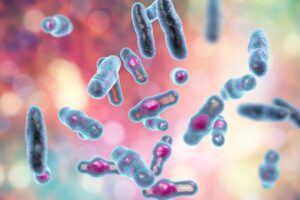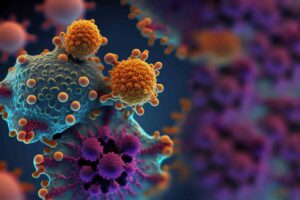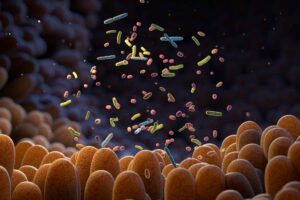Gastroenterology
Gastroenterology, Geriatrics
The findings suggest that longevity is associated with a specific microbiota signature that may have positive effects on older adults’ health by counteracting senescence or chronic diseases that generally accompany…
Gastroenterology, Immunology
An altered metasystem linking the gut microbiota and systemic immune response could lead to impaired host defense and increased vulnerability to hospital-acquired infections in cases of severe illness.
Gastroenterology, Pediatrics
A recent study shows that microbiota maturation during weaning contributes to normal immune development and protection from infection.
Gastroenterology, Neuroscience
ETX-producing C. perfringens strains are biologically plausible pathogens in MS that trigger inflammatory demyelination.
Gastroenterology, Oncology
The findings of a recent study identified microbiota signatures that may allow clinicians to predict the outcomes of CAR-T immunotherapy.
Gastroenterology, Geriatrics
The findings of a recent study reveal that P. distasonis and its metabolites could be promising candidates for treating RA.
Gastroenterology, Nutrition
Diet-induced changes in the gut microbiota confer protection against respiratory infections by regulating the development of key components of the immune system.
Gastroenterology, Oncology
Numerous evidences demonstrate the involvement of the sex hormone-gut microbiome axis in regulating the antitumor efficacy of ICIs.
Gastroenterology
The findings of a recent study suggest that other gut microbes use liquid-liquid phase separation to colonize the gut, opening the way for new microbiota-based clinical applications.
Gastroenterology, Neuroscience
The findings of a recent study suggest that estradiol-degrading bacteria could be therapeutic targets for treating depression in some women.











